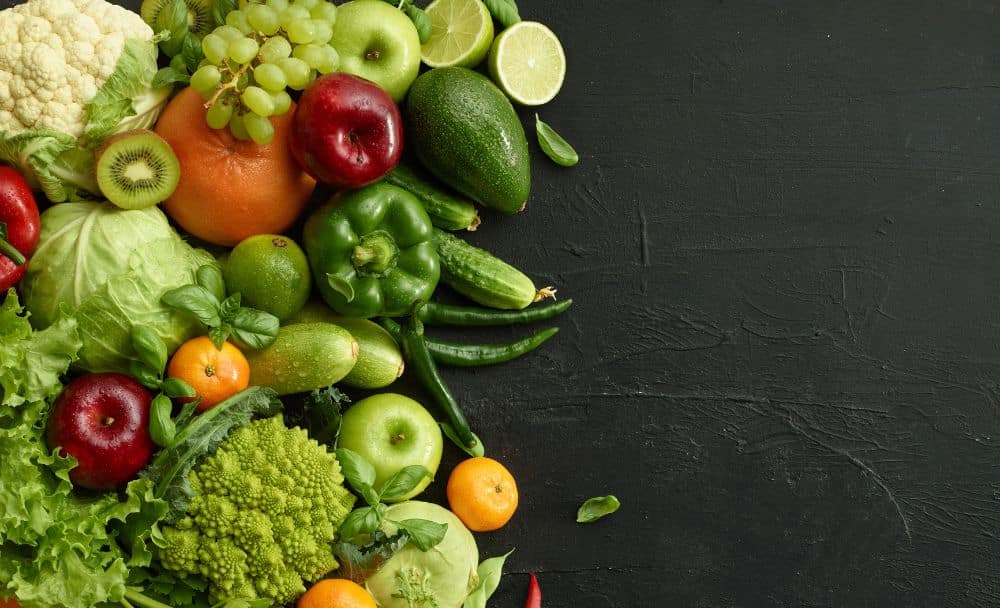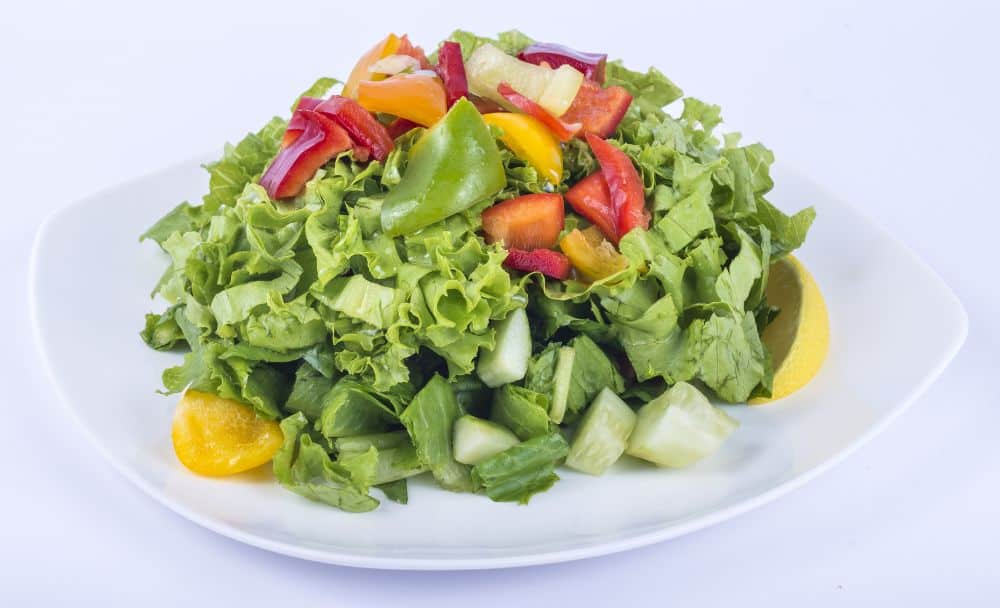The basic principle of Ayurveda is Swasthasya Swasthya Rakshanam, which means to maintain the health of the healthy, rather than Aturashya Vikara Prashamanancha, which means to cure the diseases of the diseased (1).
Therefore, Ayurveda always promotes the consumption of seasonal foods. This practice is called Ritucharya, or seasonal regimen. According to Ayurveda, it is quintessential for leading a healthy life.
Let’s know more about Ritucharya and the benefits of eating seasonal foods and following a seasonal regime.
Ritucharya in a Glance
In Ayurveda, the year is divided into two periods, depending on the movement of the sun, namely Uttarayan (northern solstice) and Dakshinayana (southern solstice) (1).
Each Ayana or solstice is formed of three Ritus or seasons. Uttarayana consists of Shishira (winters), Vasanata (spring) and Grishma (summer), and Dakshinayana consists of Varsha (monsoon), Sharada (autumn) and Hemanta (late autumn) (1).
Each season pertains to the aggravation of specific Doshas and therefore involves a specific regimen to maintain health, known as Ritucharya. Eating seasonal foods is a key step in following Ritucharya and preventing diseases.
Benefits of Eating Seasonal Foods and Following Ritucharya
Controls Dosha Vitiation
The human body is greatly influenced by the external environment. If it is not able to adapt itself to the stressors that come with the change of seasons, it may vitiate Doshas and make your body susceptible to diseases and disorders (1).
Prevents Diseases Manifestation
Eating seasonal foods can help maintain homeostasis and lower the risk of several diseases like obesity, diabetes, hypertension, cancer, etc. These lifestyle disorders are caused due to inappropriate relationships between people and their environment. Following Ritucharya will help prevent them (1) (2).
Provides More Nutrients and Flavours
Seasonal foods are not processed or preserved. Therefore, they are more flavourful and nutritious. In addition, they contain more vitamin C and other nutrients as compared to non-seasonal foods and help strengthen the immune system in the body (3).
What To Eat in Each Season?
Apart from eating seasonal fruits and vegetables, Ayurveda also recommends eating foods with specific Rasas and qualities to control Dosha vitiation. Here are the recommended foods for each season.
Shishira (Winter)
According to Ayurveda, you should include sour foods in your diet and avoid pungent, bitter and astringent tasting foods. Cereals, pulses and spices like ginger, garlic, Haritaki, and Pippali are advised. Milk and milk products are also beneficial in this season. (1).
Vasanta (Spring)
It is recommended to eat easily digestible foods in this season, such as old barley, wheat and rice. In general, foods tasting bitter, pungent and astringent are beneficial in the spring season. You should try to avoid foods that are cold, heavy, sour and sweet (1).
Grishma (Summer)
As per Ayurveda, you should eat light-to-digest foods during this season. Foods with sweet, unctuous, cold and liquid qualities are preferred, such as rice, lentils, etc. You should also drink plenty of water and other liquids like buttermilk and fruit juices. During this season, you must aim at avoiding warm foods and foods with pungent and sour tastes (1).
Varsha (Monsoon)
This season calls for foods that are unctuous and have sour and salty tastes. Grains such as old barley, rice and wheat are usually recommended. Foods that are heavy and hard to digest, like meat, are prohibited in this season, according to Ayurveda (1).
Sharat (Autumn)
As per Ayurveda, you should consume foods with sweet and bitter tastes in this season. You should look forward to foods that are light-to-digest and have cold properties. These foods help to pacify Pitta Dosha and prevent many diseases. Some of the foods you must include in the autumn season are wheat, green gram, sugar candy and honey. You should also try to avoid hot, bitter, sweet, and astringent foods (1).
Hemanta (Late Autumn)
This season calls for foods that are unctuous and have sweet, sour and salty tastes. Some of the recommended foods for this season include green gram, milk, sugarcane products and sesame. You should avoid Vata aggravating foods such as light-to-digest foods, cold foods and dry foods (1).
The Final Takeaway
Ritucharya plays a leading role in maintaining your health and preventing diseases and disorders. One of the key components of Ritucharya is eating seasonal foods, which helps to make your diet more nutritious, healthy and flavourful.






















